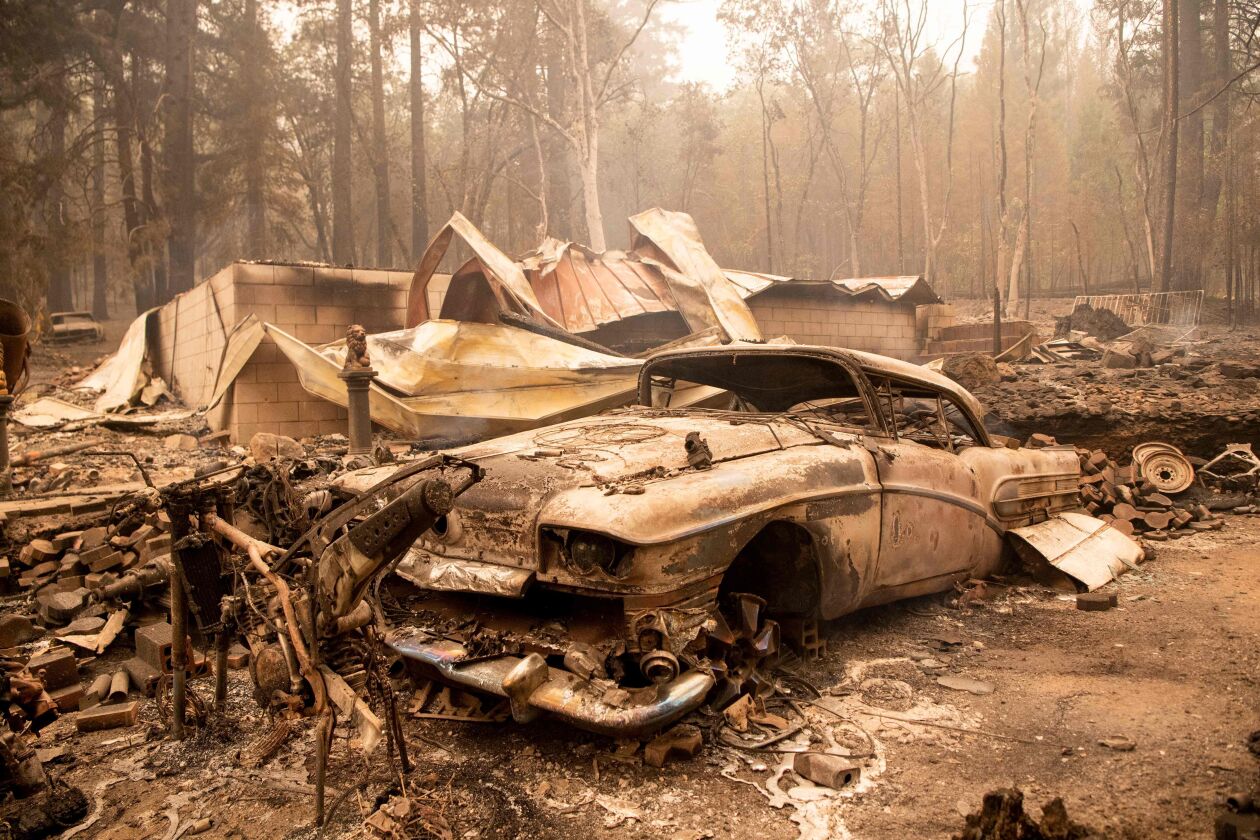As legislation to protect the Earth from climate change stalls in Congress and the Illinois Legislature, large cities have stepped up with their own pro-environment policies, but that gets us only so far.
Now, Chicago’s suburbs are getting into the act along with Chicago, and environmentalists say their strategies are solid.
The suburbs laid out their plans in a report earlier this month, the Metropolitan Mayors Caucus’ 124-page “Climate Action Plan for the Chicago Region.” The mayors caucus, which includes leaders from the region’s 275 cities, towns and villages issued the report to lay out guidelines for every community to follow.
The idea behind the Climate Action Plan, which received input from the National Oceanic and Atmospheric Administration and other climate change experts, is that smaller communities can do a lot to mitigate the effects of climate change if they work together. The plan lays out goals for reducing carbon dioxide emissions from 2005 levels by 80% within 30 years, boosting clean energy, getting people to drive less, making buildings more energy efficient, sequestering carbon in ecosystems and doing a better job of managing water and waste.
If all the communities act together to meet these goals, it can make a big difference.
“I think it’s huge,” Highland Park Councilwoman Kim Stone, who also is co-chair of the Transit Electrification Task Force of the Climate Reality Project Chicago Metro Chapter, told us. “Each municipality can take actions that collectively have a much bigger impact than we have on our own.”
It’s encouraging that local leaders are rolling up their sleeves on climate change without waiting for stalled reforms in the Legislature and Congress. Environmentally-minded lawmakers in Springfield have been trying to pass a major climate bill for years, but have been unable to do so. Congress can’t seem to agree on enacting anything comprehensive.
They are running out of time. Somebody has to act. Just look around.

A burned classic car sits among the smoldering remains of a home during the Dixie fire in the Indian Falls neighborhood of unincorporated Plumas County, California on Monday. The Dixie fire has now burned more than 190,000 acres and continues to edge closer to more residential communities.
AFP via Getty Images
The American West is the driest it’s been in four centuries. Heat domes this summer have spread misery around the country. People have died, and another triple-digit heat dome is expected next week, nicknamed “The Ridge of Death.” The magnitude of Europe’s floods earlier this month stunned scientists. A storm last week poured a year’s worth of rain on Zhengzhou, China. As of Saturday, 86 wildfires had scorched 1.5 million acres across the country.
Lake Michigan’s rapid rise in six years from a record low to a record high last year raises questions about whether Chicago can cope with steep swings in water levels. No place is safe.
‘Untold suffering’
On Wednesday, almost 14,000 scientists released a climate emergency paper warning the human race faces “untold suffering” if people don’t get serious about global warming immediately. Emissions of greenhouse gases are at an all-time high, and glacial ice thickness is the lowest on record.
Environmentalists say the action plan’s call for local collaboration is a big deal because so many policy decisions happen at the municipal level, including building regulations and land-use policies. That makes municipal leaders collectively significant figures addressing climate change. Collaboration is especially important in the Chicago area, which is fragmented into many municipal governments.
That said, some environmentalists say they wish Chicago would assume a stronger leadership role in the effort. They say that after Rahm Emanuel took the helm, Chicago stopped being as active in the mayors caucus as it was in the days of former Mayor Richard M. Daley, which may be why Highland Park, Evanston and Geneva, for example, have been doing a better job of building up infrastructure for electric vehicles. Chicago also has disbanded its Department of the Environment.
The suburban mayors don’t have the financial resources to bankroll big projects, such as vast solar installations or meaningful subsidies for electric vehicles. Funding for those has to come from the Legislature and Congress. But there is much they can do acting as a unit.
The Climate Action Plan, which took about two years to draw up and will take years to implement, is important at a time when fires, flooding and extreme heat are showing the effects of climate change are already here, not something that will happen far in the future. Municipalities that were built up in a different era are not ready.
The mayors caucus have laid the groundwork for a greener metropolis. It’s an important step, but they need to follow through.
Send letters to letters@suntimes.com.




